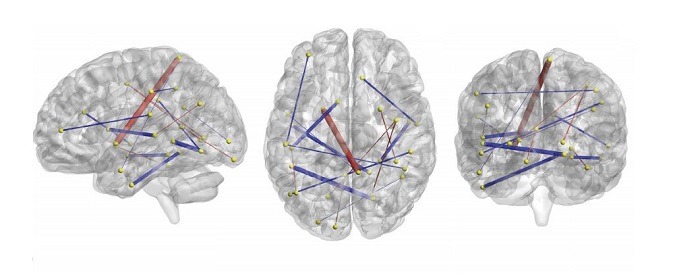Posts Tagged ‘disorder’
Study combines neuroimaging with machine learning to predict, with 96% accuracy, whether high-risk 6‑month-old babies will develop autism spectrum disorder (ASD) by age 2
— A Single Brain Scan Has Been Used to Accurately Predict Autism at Just 6 Months Old (Science alert) “Researchers have used brain scans and artificial intelligence to spot differences in how key areas of infant brains synchronise, allowing them to accurately predict which babies would develop autism spectrum disorder (ASD) as a toddler…The research, led…
Read MoreReview finds mixed results on the effectiveness and safety of brain and memory supplements
Natural Supplements and Vitamins for Treatment and Prevention of Dementia and Cognitive Decline (Psychiatric Times): “Dementia, also referred to as major neurocognitive disorder (including Alzheimer disease [AD]), is a growing problem because of increased lifespan. There is no known cure. Several drugs are
Read MoreWhy Being Young for Grade Increases Odds of ADHD Diagnosis and Stimulant Medication
ADHD is the most commonly diagnosed neurobehavioral disorder in children and substantial evidence indicates that biological factors play an important role in its development. For example, although the exact mechanism by which genetic factors convey increased risk for ADHD remains unclear, the importance of genetic transmission has been documented in a number of published studies.…
Read More


